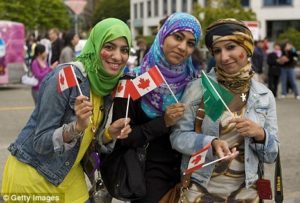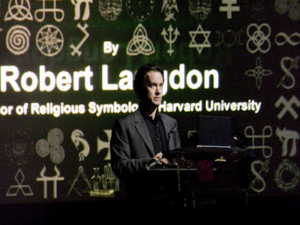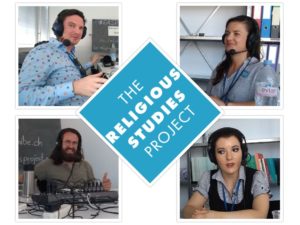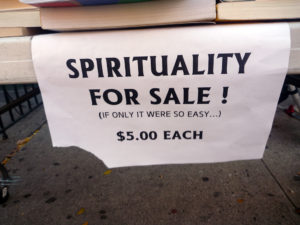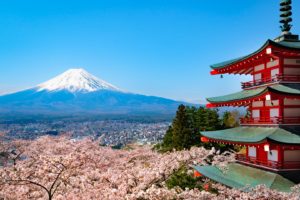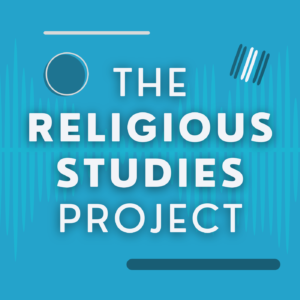
Patrons Special: RSP Discourse #2 (October 2018)
Welcome to the second issue of “Discourse”, where our editors and guests take a critical look at how the category “religion” is being used in the media, the public sphere, and the academic field.
This episode, Chris (Cotter) is joined by Chris (Silver) and Theo Wildcroft, both long-time friends and contributors to the RSP, for a cross-Atlantic discussion. After the inevitable discussion of US identity conflicts and terrorism, and ugly manifestation of the KKK in Northern Ireland, discussion moved on to the accepted protocols of trick or treating, and the use of patisserie in debates on LGBT human rights vs religious freedom.
Can’t access this episode? Subscribe at https://www.patreon.com/projectrs


